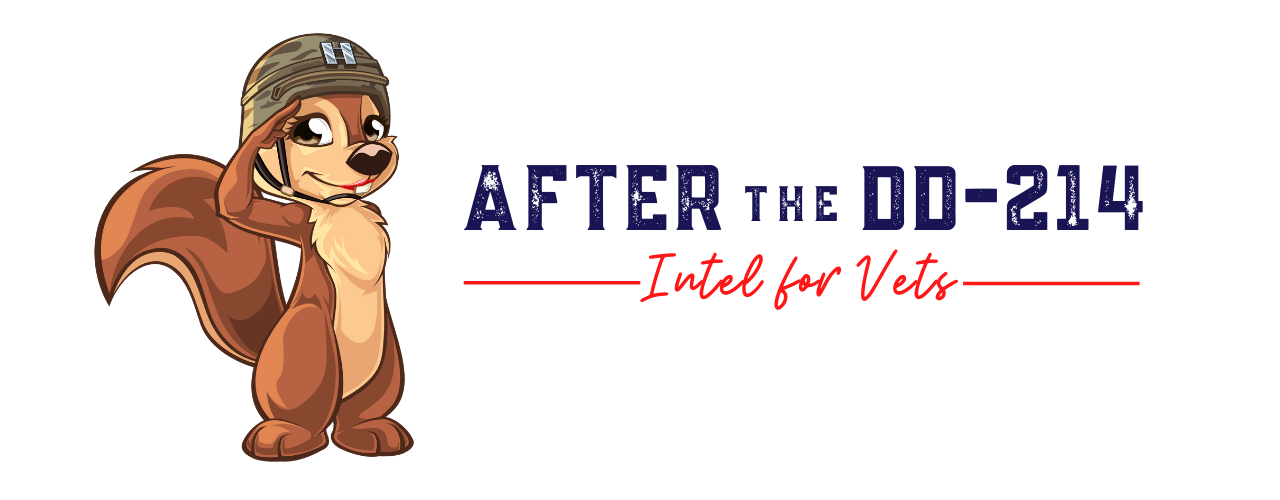This week, I wanted to cover a few ways that people across the nation are paying their respects to those who serve. Yesterday, I talked about a few ways colleges and universities paid their respects. Today, I want to talk about a preservation project run by the Library of Congress (LOC) called the Veterans History Project.
Started via Congressional legislation in 2000 and partially funded through a donation by AARP, the project collects personal accounts – videos, memoirs, diaries, letters, photos, and other memorabilia – of veterans and U.S. civilians who directly supported war efforts, such as USO workers, to preserve them for future generations. Stories from World Wars I and II, Korea, Vietnam, the Persian Gulf War, and Iraq and Afghanistan are being sought and will be available to researchers and other visitors to the LOC.
If you’d like to donate something, either your own or of a veteran you know or both, the website has a “kit” that can be downloaded to walk you through the process. The kit contains 16 pages with items such as a release form and a photography log. It also provides detailed information on how to prepare for and conduct an interview, what is and isn’t accepted, formats, and FAQs.
Once a veteran’s information has been submitted, they will be given their own page on the LOC Veterans History Project website where their basic bio information (essentially the details collected on the veteran’s release form) will be displayed. The LOC intends to add all the audio or video interviews to the individual pages but, currently, only about 10% of the entries have had their accompanying videos and documentation uploaded. To locate an individual veteran’s page, you can search the database by veteran’s name, conflict/era, branch of service, POW status, unit, and other options.
I looked through the online documents of Vietnam Veteran and draftee Dennis Keith Martin, KIA 11 July 1970. Reading his letters, the day to day of the war, his hopes and dreams, his matter-of-fact recounting of daily attacks and walking around in the dark after his CO got them lost, makes the war, which ended before I was born, feel so much more tangible and provides an insight that all the books I’ve read and History Channel specials I’ve seen could not.
A few key details:
– All documents and photos sent to the Library of Congress must be originals and will not be returned to the sender.
– All documents must be sent via commercial carrier.
– Since the items will be kept in a library, not a museum, bulky items, like medals or helmets, will not be accepted. Sending such items could result in everything you send being returned or, worst case, destroyed.
– Documents to be included in the collection, such as a DD-214, should have the social security number and any other personal details, such as address, removed before submission. (The veteran’s release form and the personal information revealed on that form will not be made public.)
– Processing time between receipt of the documents and the veteran’s information being posted online is approximately 6-8 months.
You can read a nice overview of the project and the submission requirements at: http://www.loc.gov/vets/pdf/brochure-august2013.pdf
Further details can be found at: http://www.loc.gov/vets/vets-home.html
And if you’d like to read Dennis Keith Martin’s story for yourself, you can do that at: http://lcweb2.loc.gov/diglib/vhp-stories/story/loc.natlib.afc2001001.73202/
© 2013 – 2020, Sarah Maples LLC. All rights reserved.

No Comments